A panel discussion at the 2023 National Clean Energy Week Policymakers Symposium explored how the United States can create a beneficial environment for scaling essential clean energy infrastructure. The panel, featuring Jon Norman of Hydrostor, Dr. George Borlase of UL Standards & Engagement, Jeannette Mills of Tennessee Valley Authority, Joe Mastrangelo of Eos Energy and Lisa Jacobson of the Business Council for Sustainable Energy, shared their insights and highlighted three main ideas: the role of commercialization, the role of policy and the importance of technological innovation.
The Role of Commercialization:
Commercializing essential clean energy technology is crucial in addressing investor concerns about the operability and performance of new technologies.
“It’s hard to just innovate in and of itself, and it’s harder to innovate in the power or energy industry. Because when we flip the switch, we want the lights to come on, so you’ve got to be really good when you bring something to market,” Mastrangelo said.
By proving the effectiveness of clean energy technology in real-world conditions, we can encourage further investment and accelerate the adoption of clean energy solutions.
The Role of Government Policies and Incentives:
By offering financial incentives such as tax credits and subsidies, the government can encourage businesses and consumers to invest in new clean energy sources. As Mills said, “Innovation for us is about partnership.”
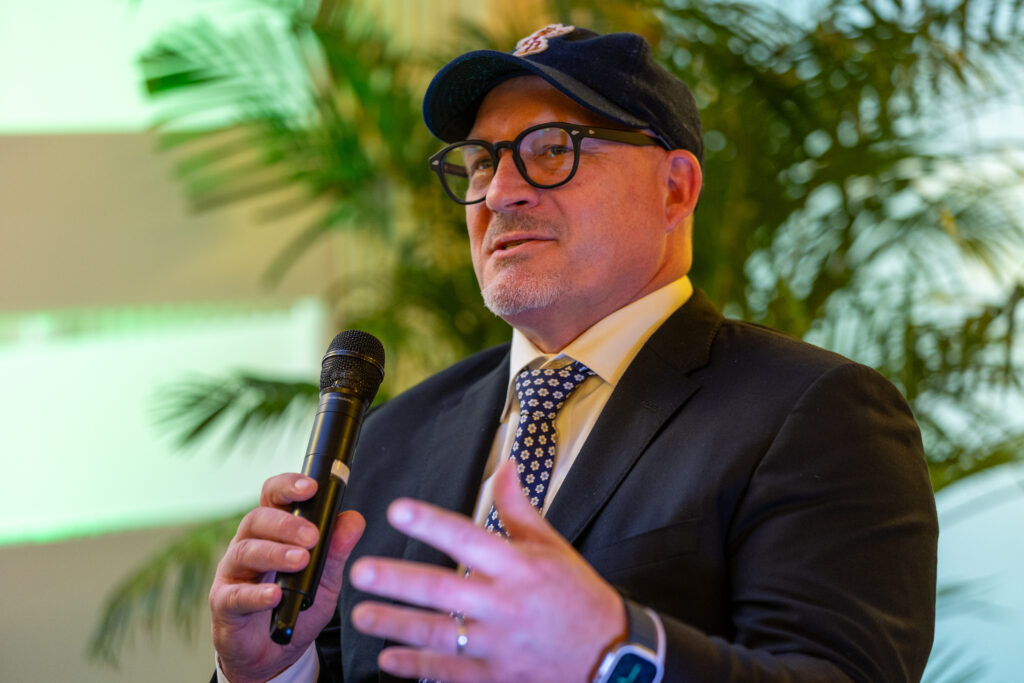

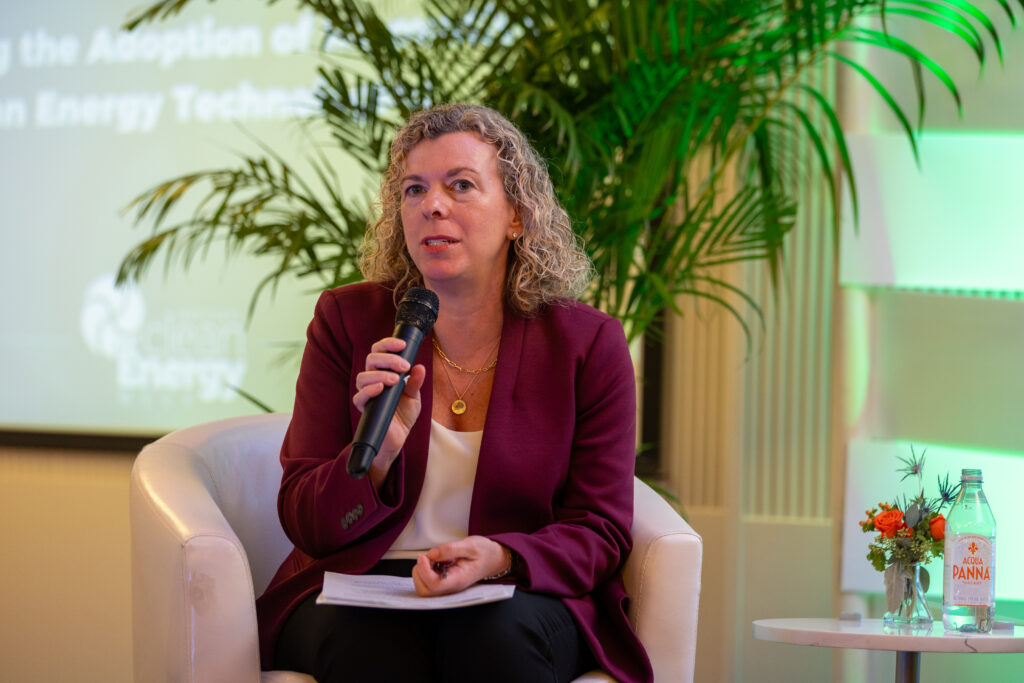
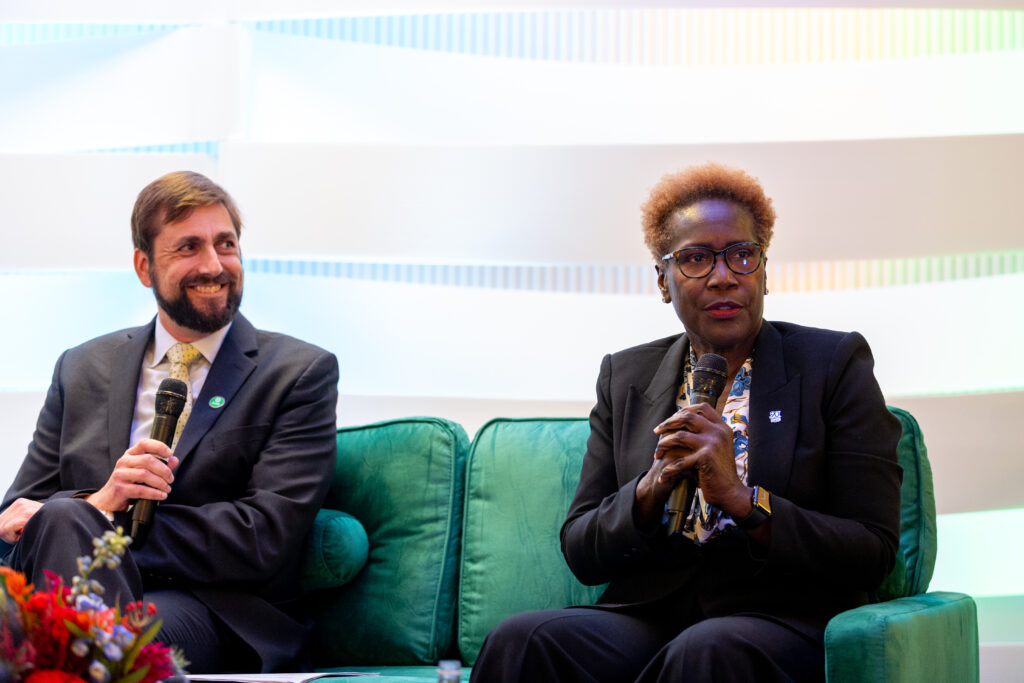
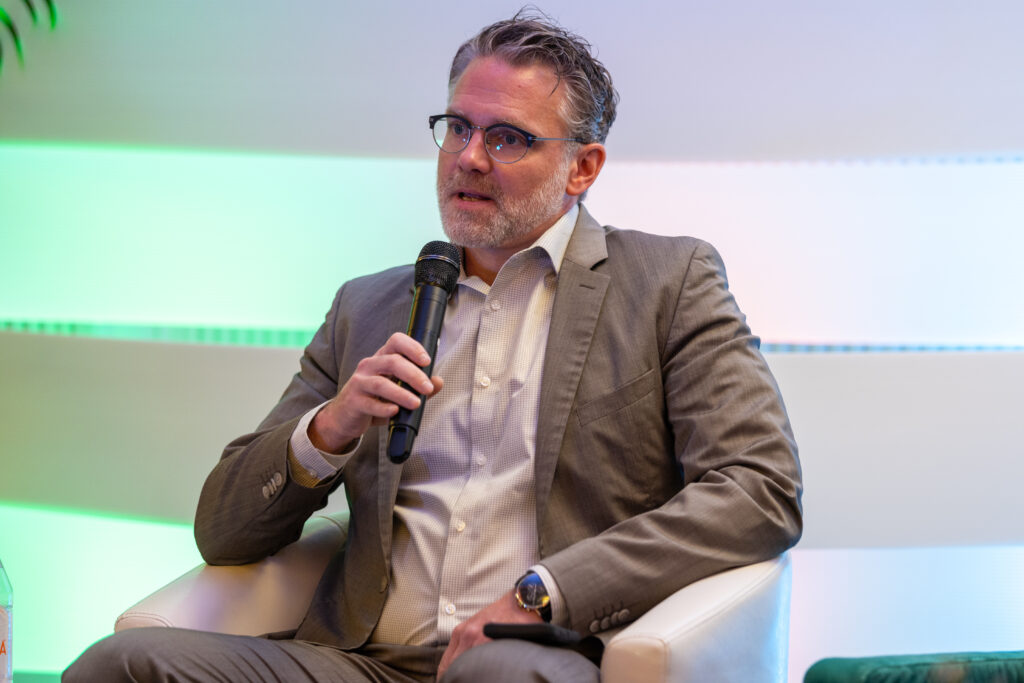
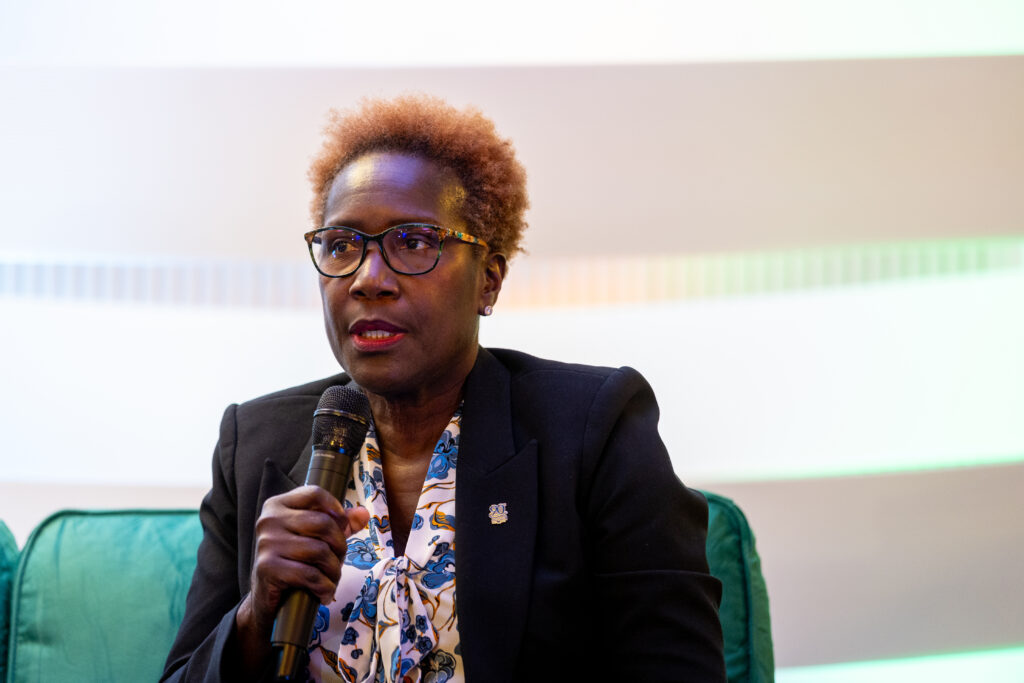
The Importance of Technological Advancements:
“We can’t talk about old solutions with new challenges,” said Dr. Borlase. Advancements in clean energy technologies have been instrumental in driving down costs and increasing their efficiency. These innovations have made it possible to generate clean energy but have also come with additional challenges of ensuring that they can remain reliable and affordable.
With continued innovation, collaboration, and support from all parties, emerging clean energy technologies can become the foundation of our global energy systems, helping to reduce emissions and leave the planet better than we found it.
Learn more about this panel and watch it HERE.